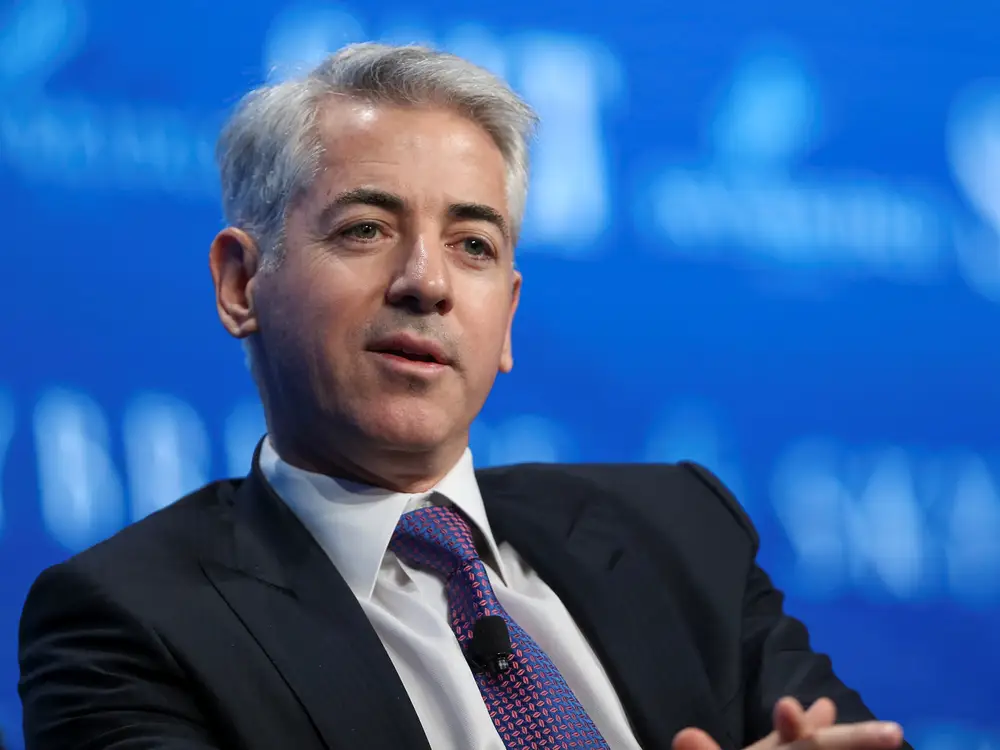Too much innovation?
Ethical issues around SPACs
By Dominique Jacquet

Bill Ackman has just announced that he is returning to investors the 4 billion dollars raised as part of his SPAC Pershing Square Tontine Holdings (PSTH) after having tried, without success, to identify a “business combination”, namely an acquisition target intended to carry out a reverse merger, the hallmark of so-called “blank check” companies. This event leads me to two comments.
First, about SAPCs in general. The Ecademy devoted a vidcast (October 2020 – The year of the SPACs) to this financial semi-innovation which consists of collecting funds without knowing, when they are raised, for which target they will be intended. This same concept was mobilized again in the description of Virgin Galactic (vidcast – June 2021). This process, which allows companies to be listed on the stock exchange at lower cost, with greater security of access to the market and more quickly, hence its resounding success, has been the subject of criticism, in particular relating to the ease with which the founder-sponsors generated considerable returns on the backs of investors. Should we see in these criticisms a growing concern for morality on Wall Street or the annoyed comments of actors in the financial system who see comfortable sources of income disappearing? A fundamental characteristic of SPACs is that the sponsors, credible experts in their sectors, have a relatively short time to identify the acquisition target. Beyond a two-year period, they are asked to return the funds. A classic socio-economic phenomenon: the first SPACs melted onto the market and garnered the best deals. The “followers” arrive at the end of the harvest, the loot is meager and the soufflé drops a little… This is the perfect illustration of a well-known phenomenon in environmental economics: the disappearance of a resource when it is exploited at a rate higher than its capacity for renewal! Once raised, the funds are placed in a trust, it is forbidden to mobilize them outside the potential “business combination” approved by the investors and it is necessary to be able to return them in full if they are not used. It is therefore necessary to have additional funds to pay the management fees of the SPAC and the costs of listing the investment vehicle. The creative genius of the financiers imagined that the sponsors bought options to buy SPAC shares at an exercise price greater than or equal to the issue price of their ordinary shares and that the proceeds from the sale of the options (premium paid by the sponsors) covered miscellaneous and varied costs. This is very smart because, if the acquisition is successful, then the return on investment will be stratospheric. On the other hand, if the market looks suspiciously at the combination or if the funds are not used, the options are not exercised and the sponsors lose the entire premium paid. So, contrary to what some comments suggest, you don’t win every time and you can lose a significant amount.
For PSTH, the amount paid to invest in options was $65 million…
But, PSTH could have made an investment, this is my second comment.
In Spring 2021, Vivendi’s music subsidiary, Universal Music Group (the Beatles, Lady Gaga, etc.), was to be listed in the near future (a few months, market permitting). Bill Ackman’s project consisted in taking a stake of approximately 10% in UMG, not to take control and list it, but to have a significant share of the capital before IPO at a price that would allow a great added value. Regulators (SEC) and investors opposed the project. The second, because they saw their funds tied up for a relatively random period with a no less random exit. The first, because they noted a change of purpose to an investment vehicle which is not intended to take a very minority stake without a listing process. In fact, PSTH was changing the rules of the game set in advance by carrying out an operation that looks more like a pre-IPO fundraising on the secondary market (allowing certain investors to exit) of an unlisted company. The end of the story is that Bill Ackman actually made the investment and for the same amount, but from his own hedge fund.
Changing the rules of the game after the start of the match is an argument often used to reject the process. This is even what made Milton Friedman say that it is immoral to announce to shareholders that the capital invested is being mobilized in favor of the stakeholders, when the primacy of the shareholders had been sold to them. Do you remember ? “The business of business is business ».